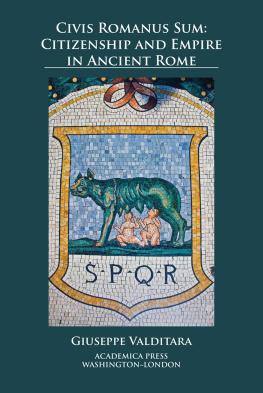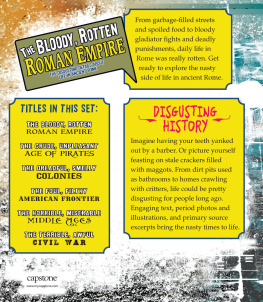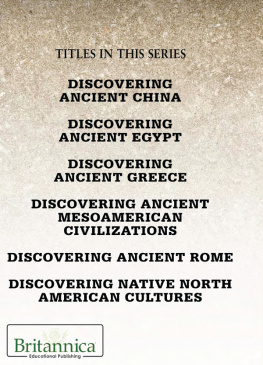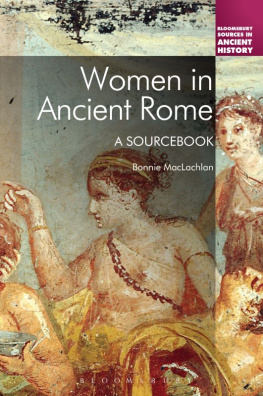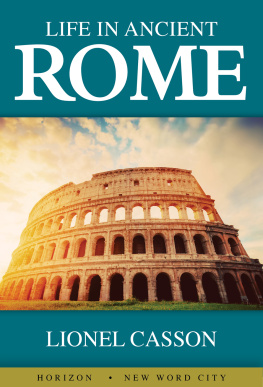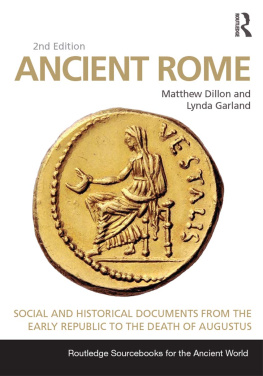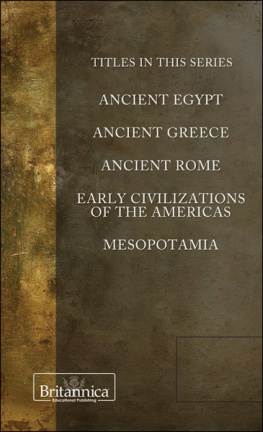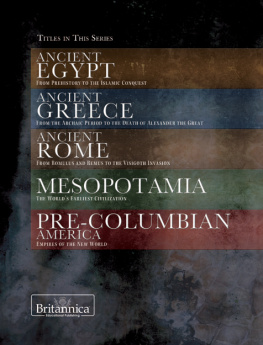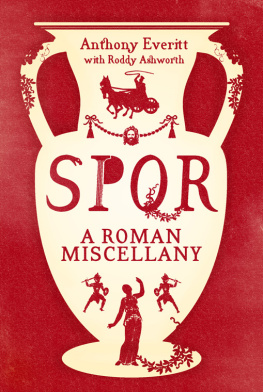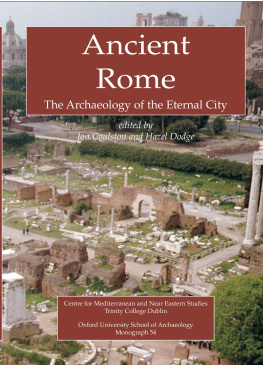Giuseppe Valditara - Civis Romanus sum : citizenship and empire in ancient Rome
Here you can read online Giuseppe Valditara - Civis Romanus sum : citizenship and empire in ancient Rome full text of the book (entire story) in english for free. Download pdf and epub, get meaning, cover and reviews about this ebook. year: 2020, publisher: Giappichelli, genre: Religion. Description of the work, (preface) as well as reviews are available. Best literature library LitArk.com created for fans of good reading and offers a wide selection of genres:
Romance novel
Science fiction
Adventure
Detective
Science
History
Home and family
Prose
Art
Politics
Computer
Non-fiction
Religion
Business
Children
Humor
Choose a favorite category and find really read worthwhile books. Enjoy immersion in the world of imagination, feel the emotions of the characters or learn something new for yourself, make an fascinating discovery.
- Book:Civis Romanus sum : citizenship and empire in ancient Rome
- Author:
- Publisher:Giappichelli
- Genre:
- Year:2020
- Rating:4 / 5
- Favourites:Add to favourites
- Your mark:
- 80
- 1
- 2
- 3
- 4
- 5
Civis Romanus sum : citizenship and empire in ancient Rome: summary, description and annotation
We offer to read an annotation, description, summary or preface (depends on what the author of the book "Civis Romanus sum : citizenship and empire in ancient Rome" wrote himself). If you haven't found the necessary information about the book — write in the comments, we will try to find it.
Civis Romanus sum : citizenship and empire in ancient Rome — read online for free the complete book (whole text) full work
Below is the text of the book, divided by pages. System saving the place of the last page read, allows you to conveniently read the book "Civis Romanus sum : citizenship and empire in ancient Rome" online for free, without having to search again every time where you left off. Put a bookmark, and you can go to the page where you finished reading at any time.
Font size:
Interval:
Bookmark:
Citizenship and Empire in Ancient Rome
Citizenship and Empire in Ancient Rome
Washington - London
The Legendary Origins of Rome: A Melting-Pot
The Openness of Roman Society
Archaic Juridical Institutes and Forms of Integration
The Equal Dignity of Latins, Sabines, and Etruscans
Annexing Defeated Populations, a Logic of Power
Citizenship and Worth: An Utilitarian View of Citizenship
The Edict of Caracalla and the Utilitarian View of Citizenship
Citizenship and utilitas publica
The Prohibition of Dual Citizenship: A Question of Public Interest
Roman Law and Foreigners in Rome: A Question of Sovereignty on the Territory
Losing Citizenship
Citizenship: The Change of the Fourth Century BC
Expelling Immigrants
No More Masters in Their Own Houses: The Romans and Their Policies on Foreigners
Citizenship by Birth and by Manumission: Change in the First Century BC
Citizenship and the Principate: The Restrictive Policy Going on
Defending publica utilitas and Combating Invasions
Granting Citizenship and Popular Support: A Matter of Sovereignty
Conquered Territories: Between Defending the National Interest and Assimilation
A Birthrate Policy to Rule the Empire
Rome Was Born by Building A Wall: At the Origins of the Roman Identity
Mos, an Identitarian Law
Roman Memory, Roots, and Identity
The Importance of the Identitarian Principle
Font size:
Interval:
Bookmark:
Similar books «Civis Romanus sum : citizenship and empire in ancient Rome»
Look at similar books to Civis Romanus sum : citizenship and empire in ancient Rome. We have selected literature similar in name and meaning in the hope of providing readers with more options to find new, interesting, not yet read works.
Discussion, reviews of the book Civis Romanus sum : citizenship and empire in ancient Rome and just readers' own opinions. Leave your comments, write what you think about the work, its meaning or the main characters. Specify what exactly you liked and what you didn't like, and why you think so.

